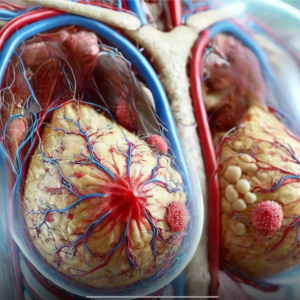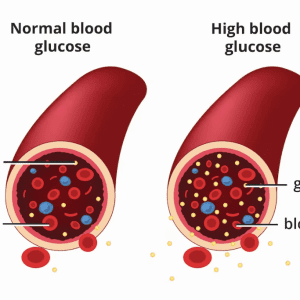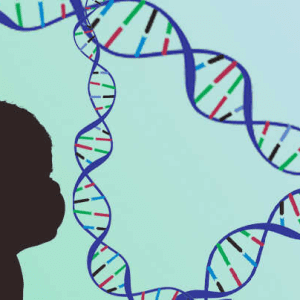Your kidneys are vital organs that work around the clock to keep your body functioning smoothly. Despite their importance, kidney issues often go unnoticed until they reach a critical stage. That’s why it’s essential to pay attention to the warning signs your body may be sending. Early detection can make a significant difference in preserving kidney health. Let’s explore the key signals that indicate your kidneys might be in trouble.
Why Are Your Kidneys So Important?

Your kidneys are like the body’s natural filtration system. They filter out waste, balance electrolytes, regulate blood pressure, and even produce hormones that help form red blood cells and maintain bone health. Every day, your kidneys filter about 150 quarts of blood, removing toxins that are expelled through urine. When the kidneys start to falter, toxins build up, leading to severe health problems.
Ignoring kidney health can result in chronic kidney disease (CKD) or even kidney failure, requiring dialysis or a transplant. Recognizing the early warning signs can help you take preventive measures before the situation worsens.
Video:
13 Warning Signs Your Kidneys Are Failing – Don’t Ignore These Symptoms
1. Changes in Urination: Your First Clue
Your urine can reveal a lot about your kidney health. Be on the lookout for:
- Frequent urination, especially at night
- Decreased urine output despite drinking enough fluids
- Foamy or bubbly urine, indicating protein leakage
- Blood in the urine, appearing pink, red, or cola-colored
If you notice any of these changes, don’t ignore them. Your kidneys may be struggling to filter waste properly, and it’s best to consult a healthcare professional to get to the root of the problem.
2. Persistent Fatigue and Weakness: Feeling Worn Out

Do you feel constantly tired, even after a good night’s sleep? Your kidneys produce a hormone called erythropoietin, which signals your body to create red blood cells. When kidney function declines, erythropoietin levels drop, leading to anemia. This lack of red blood cells can leave you feeling drained and weak.
It’s not just regular tiredness—it’s a deep, unshakable exhaustion. If this sounds familiar, it could be your body’s way of signaling reduced kidney function.
3. Swelling and Puffiness: Edema in the Body
Swollen ankles, feet, hands, or even your face can indicate fluid retention due to declining kidney function. When your kidneys fail to remove excess fluid, it builds up in tissues, causing noticeable puffiness.
This swelling might worsen throughout the day and may be more prominent after eating salty foods. If you notice persistent swelling, it’s crucial to address it before it leads to more severe complications.
4. Persistent Back Pain: Not Just a Muscle Ache

Lower back pain, especially just below the ribcage, can point to kidney issues. Unlike muscle strain, this pain may feel deeper and more throbbing. It can also radiate to your sides or even the front of your abdomen.
If the pain is sharp or accompanied by fever, it could indicate a kidney infection or stones. Immediate medical attention is essential to prevent further damage.
5. Loss of Appetite and Unexplained Weight Loss: A Subtle Sign
Are you losing weight without trying? When kidneys can’t efficiently filter waste from your blood, it can lead to a loss of appetite and weight loss. You might find that your favorite foods no longer appeal to you, or you may feel full after eating just a small amount.
Video:
10 Signs Your Kidneys Are Crying For Help
This could be your body’s way of telling you that toxins are building up, making you feel unwell and uninterested in eating. Don’t ignore these changes—they could signal declining kidney health.
6. Nausea and Vomiting: When Your Stomach Rebels
Feeling nauseated, especially in the morning or after meals, can result from toxin buildup in your bloodstream. This buildup can irritate your digestive system, leading to nausea and even vomiting.
It’s not just a random stomach upset—it’s your body reacting to high levels of waste products that your kidneys are no longer filtering effectively. Persistent nausea is a strong indicator that you should seek medical advice.
7. Sleep Problems: Restlessness at Night
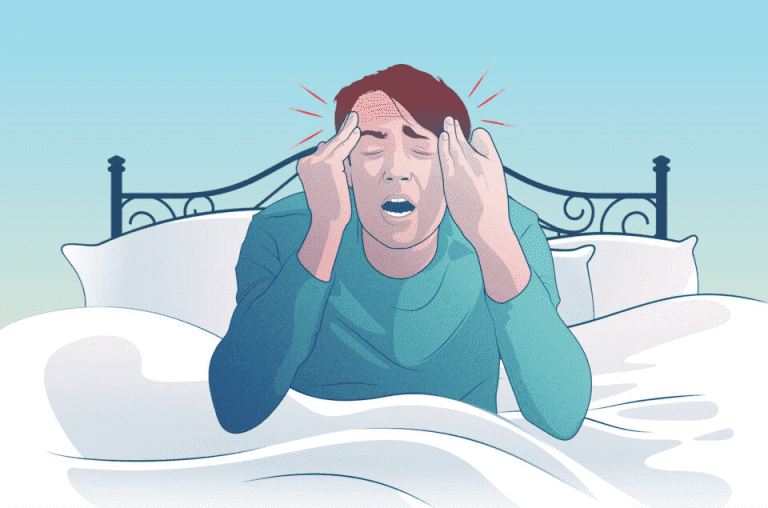
Chronic kidney disease can interfere with sleep. You might find yourself waking up frequently to urinate or struggling with muscle cramps. Restless leg syndrome can also make it challenging to get a good night’s sleep.
Sleep problems are more than just inconvenient—they can exacerbate fatigue and make it harder for your body to recover. Pay attention to disrupted sleep patterns, as they may hint at underlying kidney issues.
8. Metallic Taste in Your Mouth: Food Just Tastes Off
If your food suddenly tastes strange or you constantly notice a metallic taste, it could be due to uremia. This condition occurs when waste products build up in your blood, affecting your sense of taste and even causing bad breath.
You might notice that your favorite meals taste bland or downright unpleasant. This symptom should not be overlooked, as it could indicate advanced kidney dysfunction.
9. Muscle Cramps and Twitching: Electrolyte Imbalance
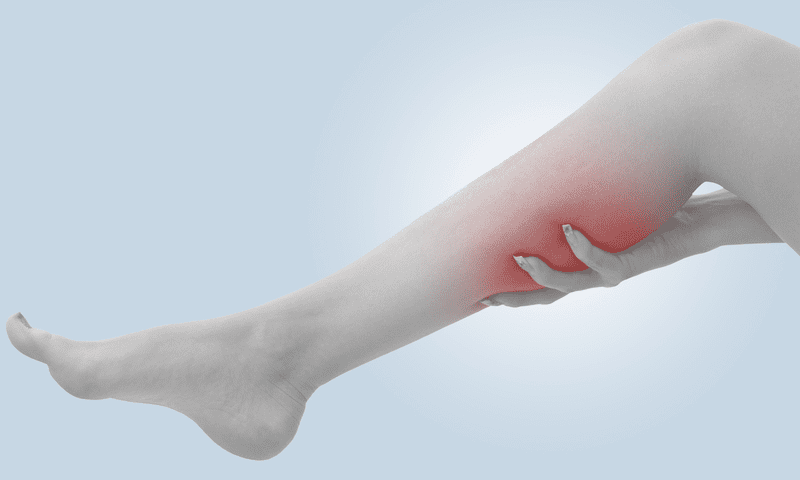
Frequent muscle cramps, particularly in the legs, can be a sign of electrolyte imbalances caused by kidney dysfunction. Your kidneys play a crucial role in balancing electrolytes like calcium and phosphorus. When they falter, you may experience cramping and muscle twitches.
This discomfort can strike at any time, often catching you off guard. If muscle cramps become a regular occurrence, it’s time to evaluate your kidney function.
10. Itchy and Dry Skin: A Persistent Irritation
Itchy skin that doesn’t improve with lotion might indicate poor kidney function. When toxins accumulate, they can cause dryness and irritation. In more severe cases, you may notice rashes or flaky skin.
Chronic itchiness without a clear cause can be frustrating and uncomfortable. Addressing kidney health can help resolve the underlying issue.
Steps to Protect Your Kidney Health
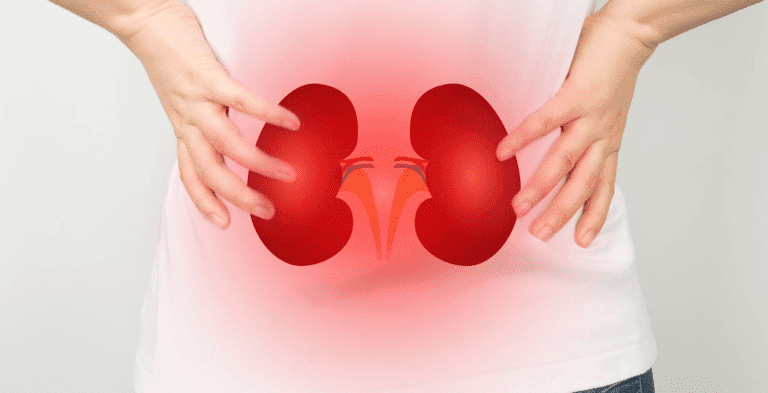
To keep your kidneys functioning at their best, follow these simple but effective tips:
- Stay Hydrated: Drinking plenty of water helps flush out toxins.
- Eat a Kidney-Friendly Diet: Reduce salt, processed foods, and high-protein diets that can strain the kidneys.
- Exercise Regularly: Maintain a healthy weight and support cardiovascular health.
- Avoid Overuse of Painkillers: Nonsteroidal anti-inflammatory drugs (NSAIDs) can harm kidney function if taken excessively.
- Monitor Your Health: Keep blood pressure, cholesterol, and blood sugar levels in check.
- Quit Smoking: Smoking impairs blood flow to the kidneys, increasing the risk of damage.
Conclusion: Take Action Before It’s Too Late
Your kidneys are essential to your body’s overall function, but they often suffer in silence until the damage becomes severe. Recognizing these 10 warning signs early can make a difference in managing your kidney health effectively.
If you experience any of these symptoms, don’t hesitate to see a healthcare professional. Early diagnosis can help slow or even prevent further damage. Protecting your kidneys today means a healthier, more vibrant tomorrow. Listen to your body, stay proactive, and give your kidneys the care they deserve.
